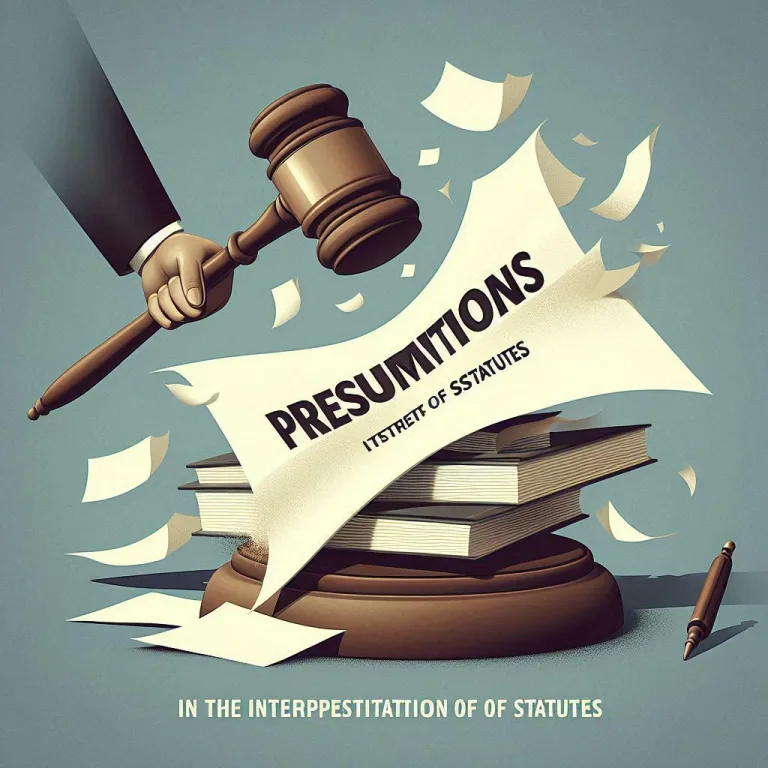Object, Extent, and Scope of the Code of Criminal Procedure (CrPC)
Introduction The Code of Criminal Procedure, 1973 (CrPC), serves as the backbone of the criminal justice system in India, providing the framework for the administration of substantive criminal law. It outlines the procedures for the investigation of crimes, the apprehension of suspects, the collection of evidence, the determination of guilt or innocence, and the imposition […]




